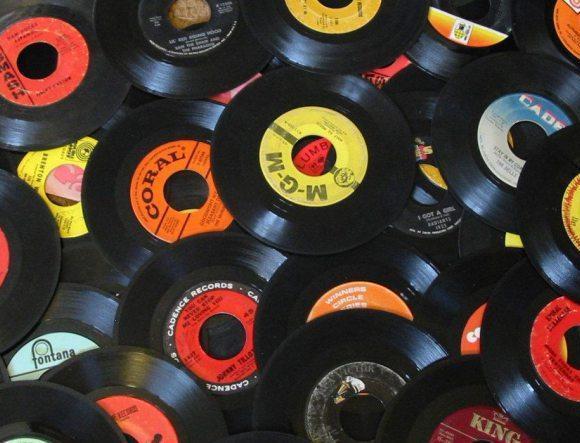
via vinylshop.us
Why Are So Many Artists Choosing to Sell Their Catalogs?
February 28, 2023
Last month, Justin Bieber announced that he was selling the rights to his music for a staggering $200 million. Merck Mercuriadis, the founder and CEO of Hipgnosis Songs Capital (which bought Bieber’s music catalog), explained that, “This acquisition ranks among the biggest deals ever made for an artist under the age of 70.” For that $200 million price tag, Hipgnosis owns the 290 songs Bieber published before 2022 and will earn money every time one of those songs is played.
Bieber is the latest example of an artist selling the rights to their music for hundreds of millions of dollars. In recent years, there has been a huge spike in the sale of music catalogs, and artists ranging from Dr. Dre and Bob Dylan to Shakira and Bruce Sprigsteen have decided now is the time to sell the rights to their songs. To understand why, it’s helpful to understand how musicians earn money and what it means to sell away these rights.
The way that an artist earns money for their songs being played can be quite complicated. Musicians hold copyrights for their songs, which gives them ownership rights. Each song has two different forms of copyright – the composition of the song (which are the lyrics and melody) and the sound recording (which is the actual audio recording). The rights to the composition is owned by the songwriter and the publisher while the rights to the sound recording is owned by the recording artist and record label. Most of the time when a song is played, whether that is in a grocery store or through streaming service, both forms of copyright kick in.
When a song is played in movies, television, or commercials, the copyright owners will negotiate a licensing agreement. A fee will be paid upfront in order to use the song and then royalties will be paid once the movie, television show, or commercial is being released. Songs played on the radio are subject to a different set of rules. Broadcast radio (AM/FM) pays royalties to songwriters but not recording artists. By contrast, internet radio such as Pandora and SiriusXM must pay both the composition copyright and sound recording copyright holders. The continued growth of these streaming services means that the royalties paid to the copyright holders – including companies that have bought artists’ catalogs – will also continue to grow. This is one of the primary reasons companies like Hipgnosis are willing to spend hundreds of millions of dollars on song catalogs.
Live music is another revenue stream for musicians. Over the past several years, tours have become extremely lucrative for artists, with fans willing to pay top dollar for both intimate club venues and stadiums alike. During the height of the pandemic, however, many shows were canceled. For some artists, this puts a significant economic strain on them. Even someone as established as David Crosby decided selling his catalog was his only option to ensure he could pay his bills when he couldn’t earn money touring in 2020.
There may also be personal reasons for an artist to sell their catalog. For example, as an artist gets older they may want to start thinking about what will happen with their assets. It is much easier to make plans by divvying up a large sum of money instead of the rights to future royalties.
While the sale of catalogs for hundreds of millions of dollars may be grabbing headlines, not all musicians are willing to part with their catalogs. The most famous example is Taylor Swift, who is in the process of rerecording all of her previous songs in order to regain both the composition and sound recording copyrights. Similarly, Chelsea Cutler was asked about her advice for aspiring artists and responded that “making sure I retained my master ownership when I signed with a label. Being able to build an independent catalog has probably been the best financial decision that I’ve made. I just think that any, like, aspiring musicians, ownership of your assets is like, the number one.” I am curious to see which of these trends will prevail in the future – selling catalogs or doubling down on their ownership.
